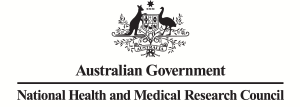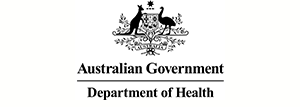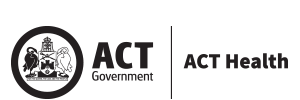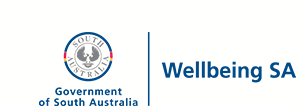Engaging maternity services to address smoking, alcohol consumption and weight gain in pregnancy

Status completed
Start Date
End Date
Smoking, drinking alcohol and gaining too much weight during pregnancy can affect the long-term health of both mothers and children.
Currently it is estimated that only 10% of pregnant women receive the recommended assessment, advice and referral they need to effectively address these risk factors.
Introduction
This project identified the predominant barriers to providing recommended care for smoking, alcohol consumption and weight gain in pregnancy in three different sites in Australia, including John Hunter Hospital, Newcastle, the Women’s and Children’s Hospital, Adelaide, and Launceston General Hospital in Tasmania.
Featured project resources
-
How do we improve preventive health care in pregnancy?
Resource category:Findings Brief
Date -
Seminar: How do we improve preventive health care in pregnancy?
Resource category:Videos
Date -
Improving care in pregnancy to address chronic disease risk factors
Resource category:Reports
Date -
Maternal health pathways
Resource category:Visuals
Date
About
Improving connection and engagement by maternity services in the prevention and better control of risk factors for chronic disease, including smoking, alcohol consumption and unhealthy weight gain in pregnancy
Project titleWhat is the issue?
Smoking, drinking alcohol and gaining too much weight during pregnancy can affect the long-term health of both mothers and children. Currently it is estimated that only 10% of pregnant women receive the recommended assessment, advice and referral they need to effectively address these risk factors.
There are system barriers preventing both individuals and organisations from providing recommended antenatal care. Research is needed to find an evidence-based way of changing practice, based on the local context, to ensure more women receive the care they need.
How did the project address the issue?
This project identified the main barriers to providing recommended care for smoking, alcohol consumption and weight gain in pregnancy in three different sites in Australia. The team worked with maternity services to improve the delivery of this care. The sites were John Hunter Hospital, Newcastle, the Women’s and Children’s Hospital, Adelaide, and Launceston General Hospital in Tasmania.
We developed recommended models of care based on literature reviews and then used clinical records and cross-sectional surveys of women who recently attended antenatal services to identify to what extent this recommended care was being provided at each site. Surveys with staff helped the team identify barriers and enablers to providing recommended care which were then mapped against evidence-based practice change strategies and behaviour change techniques. We developed a local implementation plan for each site to support the provision of recommended preventive care for pregnant women.
Throughout the project, we engaged closely with stakeholders who strongly support better care to address smoking, alcohol consumption and weight gain during pregnancy, including obstetricians, midwives, dietitians, population health practitioners, health policy officers, and pregnant women.
What is the relevance for practice?
Improving provision of antenatal care for smoking, alcohol consumption and weight gain in pregnancy will help to prevent avoidable morbidity – a key focus of health services across Australia. The models of care and strategies we developed to change practice align with existing care delivery and quality improvement processes at the local, state and national level. This means our findings can rapidly translate across jurisdictions. This work provides insights into how to integrate antenatal initiatives more broadly to prevent chronic disease.
Resources
-
How do we improve preventive health care in pregnancy?
Resource category:Findings Brief
Date -
Seminar: How do we improve preventive health care in pregnancy?
Resource category:Videos
Date -
Improving care in pregnancy to address chronic disease risk factors
Resource category:Reports
Date -
Maternal health pathways
Resource category:Visuals
Date
Publications
Other publications
2020
- Grady A, Barnes C, Wolfenden L, Lecathelinais C, Yoong SL. Barriers and enablers to adoption of digital health interventions to support the implementation of dietary guidelines in early childhood education and care: Cross-sectional study. J Med Internet Res. 2020;22(11):e22036. doi:10.2196/22036
People
Lead investigators
Project team
-
Professor John Wiggers
University of Newcastle -
Heather Dunnachie Heather Dunnachie has finished working with the Prevention Centre.
Women's and Children's Hospital, Adelaide -
Monique Reardon
Public Health Services, Tasmania -
Janette Tonks
Tasmania Health Services – Launceston -
Dr Natasha Schranz
Wellbeing SA -
Angie Wilson
Adelaide Local Health Network, Flinders Medical Centre -
Dr Sophie Dilworth
University of Newcastle -
Susan Gee Susan Gee has finished working with the Prevention Centre.
Tasmania Health Services, Launceston -
Nadia Mastersson
The Australian Prevention Partnership Centre


















